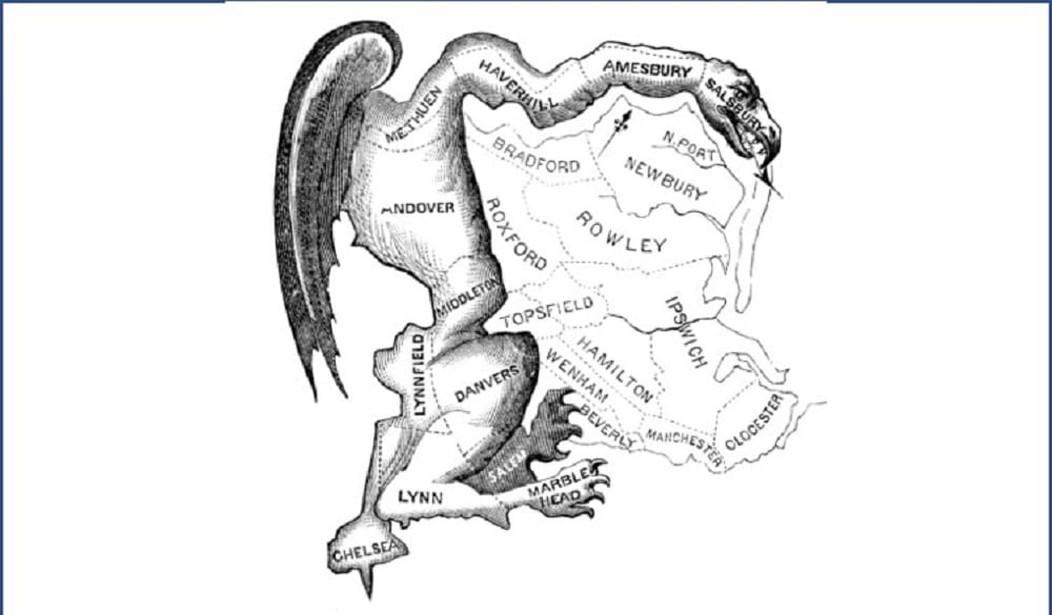One of the big advantages of having a majority in the state legislature is that you get to draw the boundaries for legislative/congressional districts. I live in Maryland and in the last redistricting, my Congressional District was gerrymandered from a safe/competitive GOP seat (held for 347 years by Roscoe Bartlett) into a Democrat +5 district. But losing elections, like losing wars, have consequences. Generally, the courts have held that gerrymandering for partisan advantage or to protect incumbents is fair play, while redistricting to dilute the voting impact of minorities is unconstitutional. A case coming from Wisconsin might throw everything into chaos.
The case begins in Wisconsin:
Twelve Wisconsin voters argued in their lawsuit that Republicans redrew maps in 2011 to divide Democratic voters so they fall short of a majority in districts and to concentrate Democratic voters into districts so they win by overwhelming margins and dilute votes of Democrats statewide, according to the ruling.
Despite receiving 51 percent of the votes statewide in 2012, Democrats won only 39 of 99 Assembly seats. In 2014, Republicans won roughly the same percentage of votes statewide, but won 63 seats, a 24-seat disparity, judges wrote.
A federal appeals court ruled that this tour de force in the art of cracking (spreading an opposing majority over several non-competitive districts) and packing (creating super majorities of your opponents in a small number of districts) was so extreme as to be unconstitutional. Apparently, according to a newly discovered emanation and penumbra of the equal protection clause, if you lose elections you still have the right to have more representatives than the winner. Essentially, politics are, in the view of the court, governed by AYSO soccer rules that forbid keeping score.
Wisconsin appealed to the Supreme Court.
The Supreme Court has agreed to take up the case.
While the Washington Post hails this as a victory for Democrats (Democrats just got some very good news from the Supreme Court on gerrymandering), this strikes me as more a case of whistling past the graveyard.
A true victory would have been the Supreme Court refusing to take the case and thereby locking in the appeals court decision. Secondly, the Supreme Court issued a stay of the lower court order requiring new districts to be drawn. This ensures the current districts will be in place for 2018 no matter what happens in the Supreme Court. Most importantly, the four liberals on the Court voted against hearing the case.
Breaking: #SCOTUS stays the district court's Wisconsin redistricting decision pending the decision from SCOTUS. pic.twitter.com/bhEKQwhho4
— Chris Geidner (@chrisgeidner) June 19, 2017
As Rick Hasen at electionlawblog explains:
The granting or denial of a stay requires the Court to weigh many factors, but one of the biggest factors is likelihood of success on the merits. In other words, granting of a stay is a good (but not necessarily great) indication that the Supreme Court would be likely to reverse. That means the stay is a good indication the partisan gerrymander finding of the lower court would be reversed.
Once again the fate of the republic rests on the narrow, emaciated shoulders of Anthony Kennedy. We may very well be screwed.













Join the conversation as a VIP Member